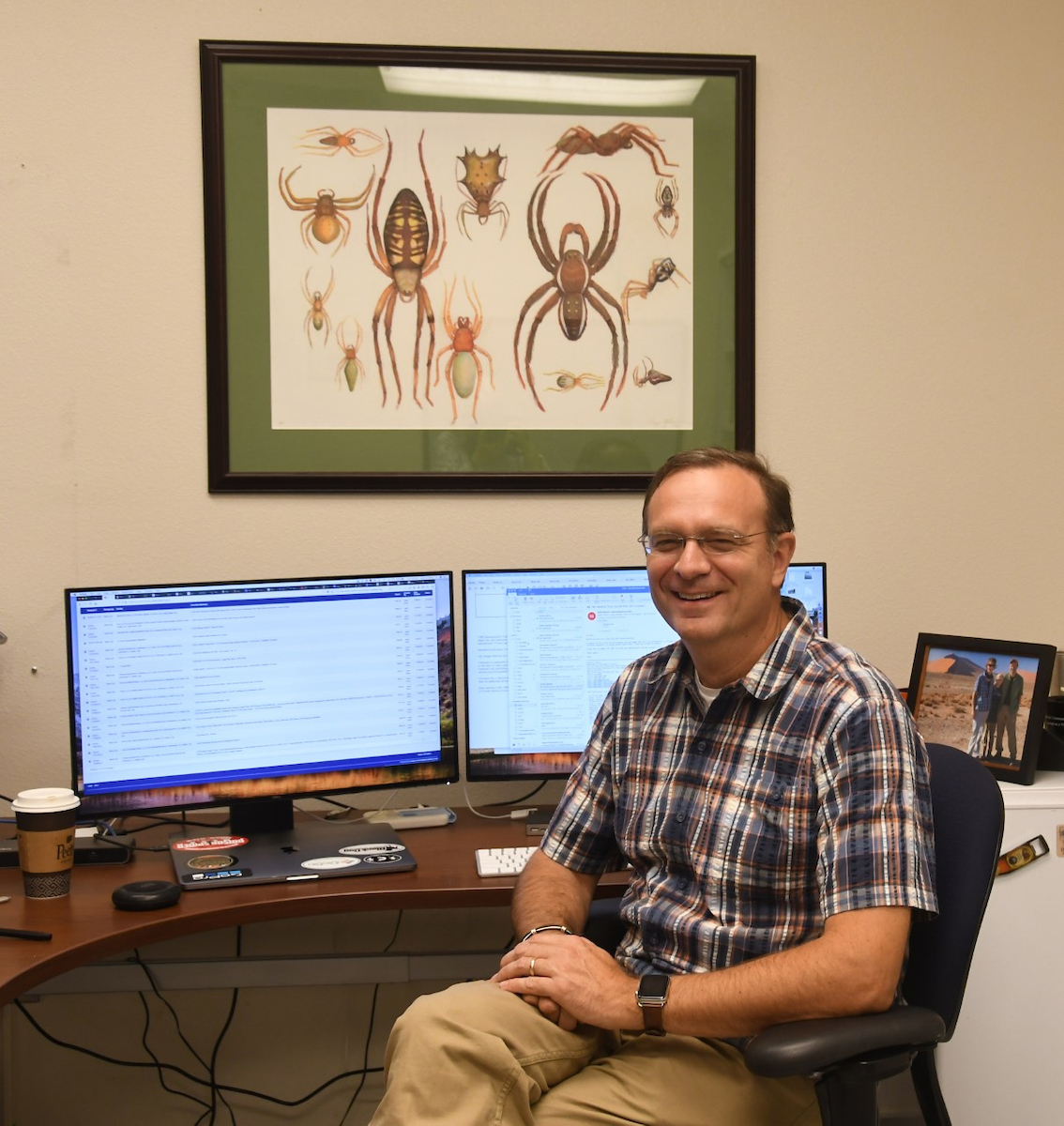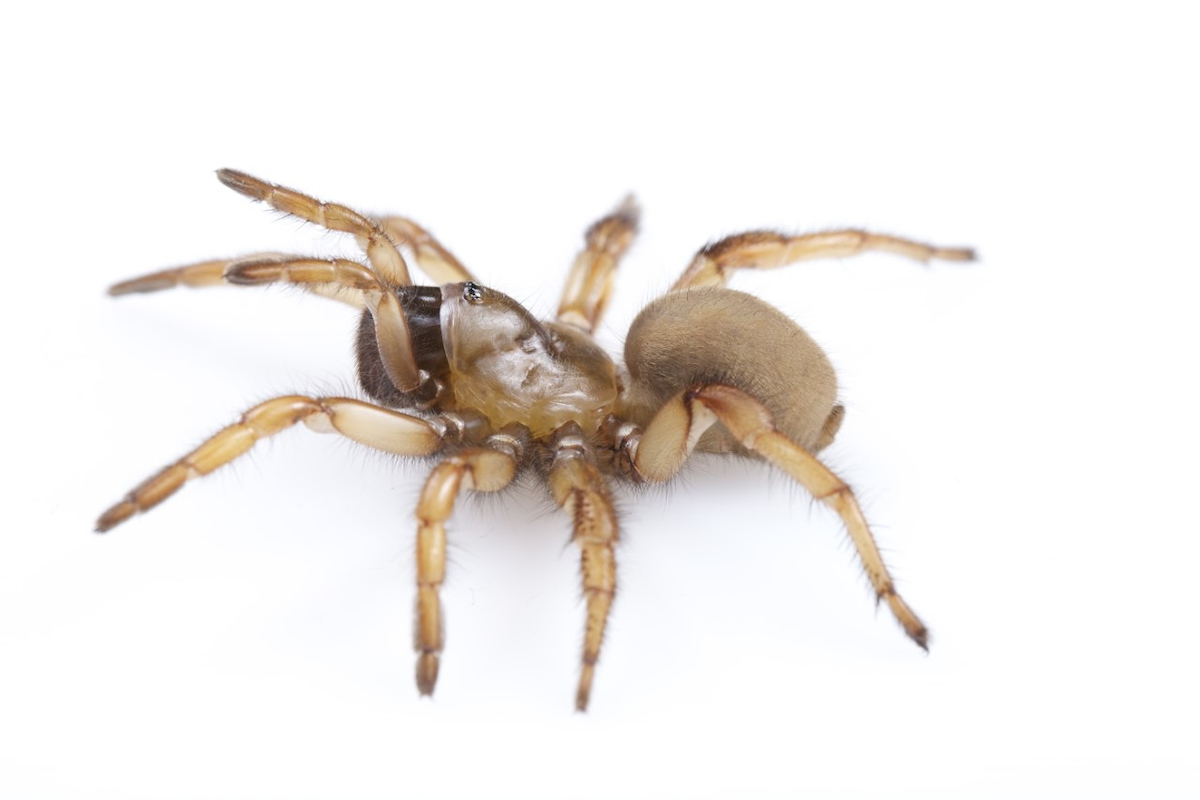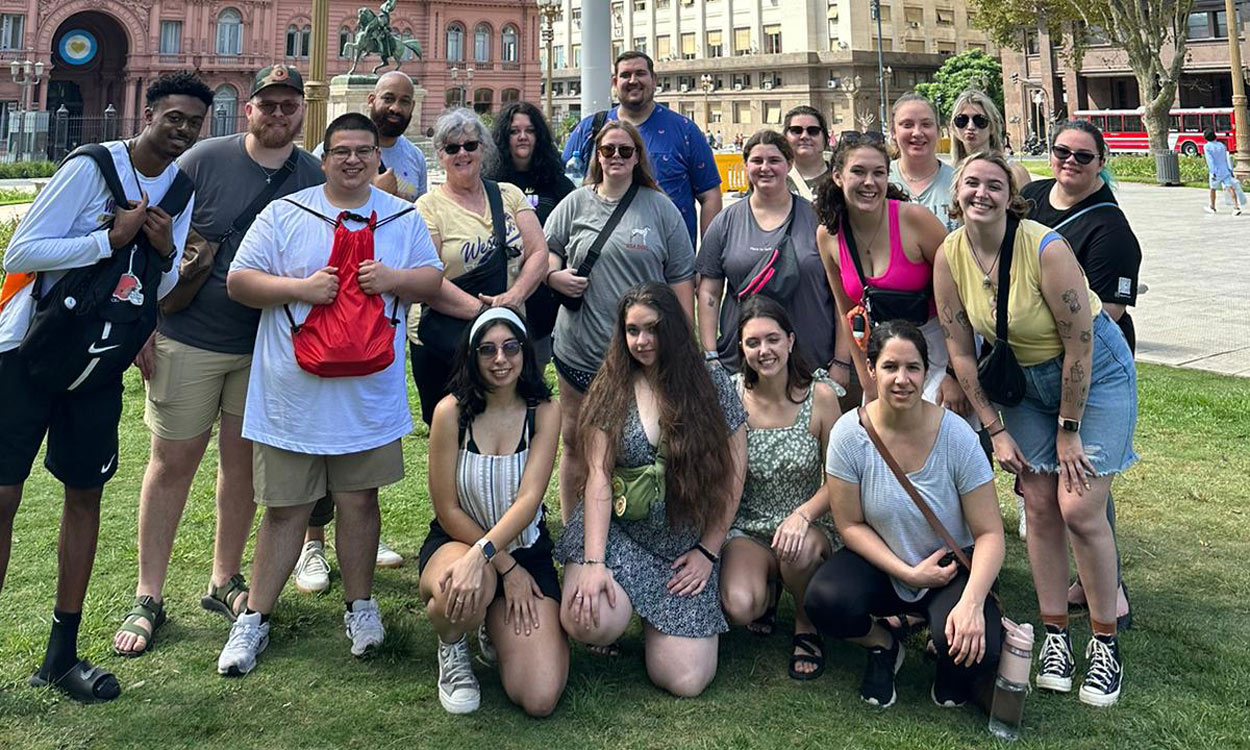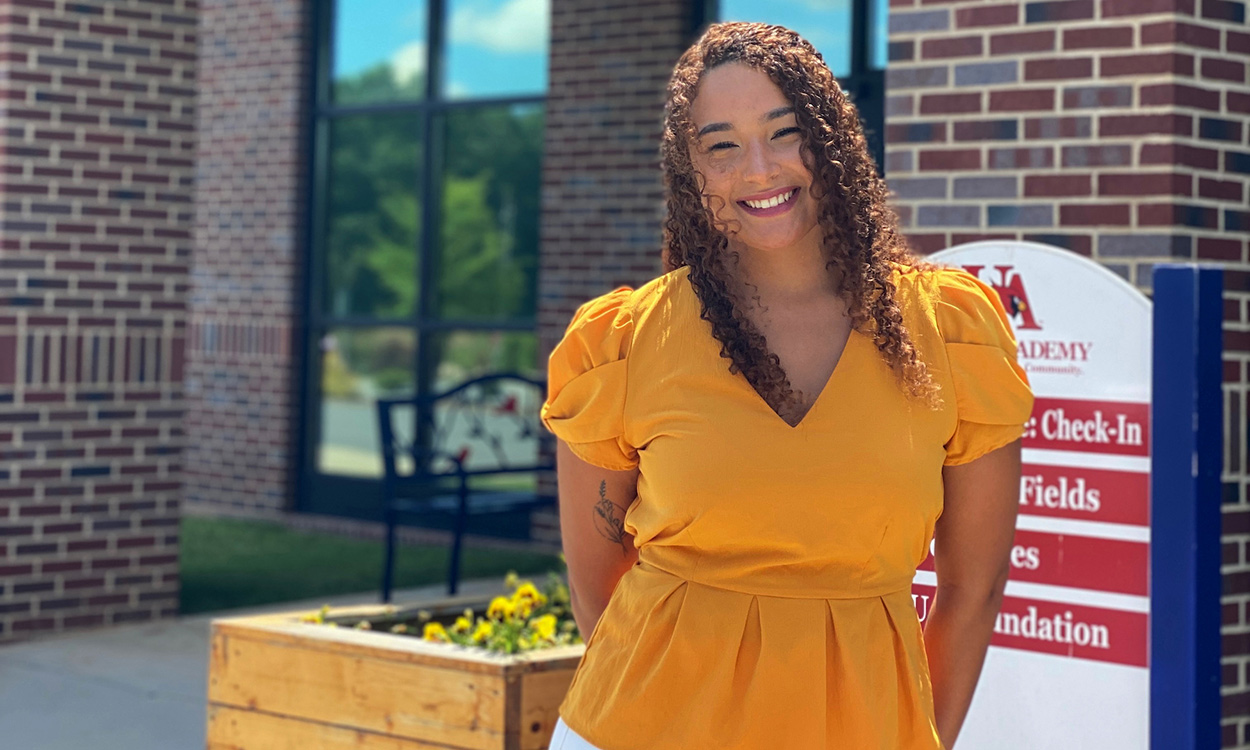Bugs Life
A UC-Davis researcher examines global environmental consequences, beginning with insects and arachnids
By Geoff Cantrell

Jason Bond ’93 is the Evert and Marion Schlinger Endowed Chair in Insect Systematics and a professor in the Department of Entomology and Nematology at the University of California, Davis, where he specializes in research into the evolutionary diversification of terrestrial arthropods, particularly spiders, millipedes and beetles. In that role, the WCU Alumni Association’s 2020 Academic Achievement Award recipient has pursued and obtained grants, developed a professional network and successfully pursued deep-dive research with global implications.
“Jason is a prominent member of the worldwide army of research biologists who are determined to discover and understand and protect the amazing diversity of life on Earth,” said Fred Coyle, WCU professor emeritus of biology. “Insects, arachnids and other arthropods are the most diverse, abundant and ecologically important animals, but most species of these ultra-important groups are yet to be discovered and studied. There is a growing realization within the scientific community that this effort to reveal and understand biodiversity is far more relevant to the future well-being of humanity than the ‘space race.’
“The quality and impact of Jason’s accomplishments is evidenced by the high level of grant support he receives from the National Science Foundation and other granting agencies, as well as by his impressive record of publications in leading scientific journals,” Coyle said. Bond earned his bachelor’s degree, cum laude, in biological sciences at WCU, setting a foundation for his continuing education and career. He served as the director of the Museum of Natural History at Auburn University and chair of the Department of Biological Sciences there prior to joining UC Davis in 2018. Bond holds a master’s degree in biology and a doctorate in evolutionary systematics and genetics from Virginia Polytechnic Institute and State University.

“I think Jason would be the first to admit that the motivation leading to his remarkable record of scholarship was born while he was a biology major at WCU,” Coyle said. “He was one of the first undergraduates to be involved in the senior thesis program that I and a few of my biology colleagues started in the late 1980s. This program involved biology majors in mentored independent research, and fledged a number of student scientists who went on to earn their Ph.D.s and become distinguished researchers and teachers.”
Bond’s current research program is principally aimed at documenting biodiversity by discovering and describing new species, identifying various dimensions of diversity and those underlying evolutionary processes that generate it, and subsequently using findings to identify threatened or endangered populations. These investigations include biodiversity and the relationship to biogeography, habitat destruction and climate, both contemporary and historical.
“I was incredibly surprised, honored and thankful to be recognized by the Alumni Association,” said Bond. “Western Carolina University was an absolutely wonderful institution to begin my career as a researcher and teacher. I quite often reflect that I owe my career to the mentorship, training and education that I received as a biology major. The example set by teacher-scholars like Jackie Palmer ’82 MS ’84, Fred Coyle, Richard Bruce, Roger Lumb and Jerry West are models that remain with me over 20 years later as guiding principles.”

